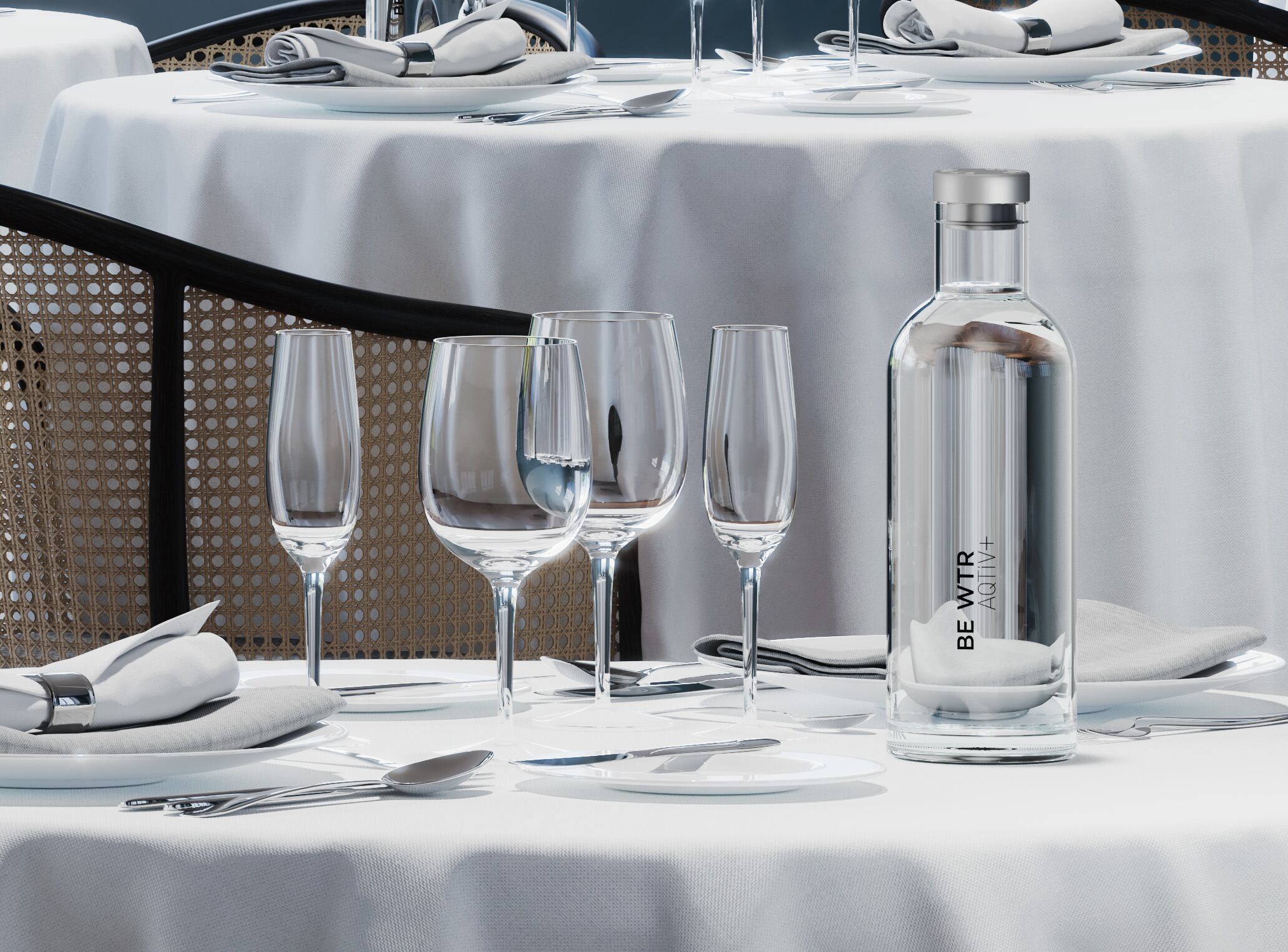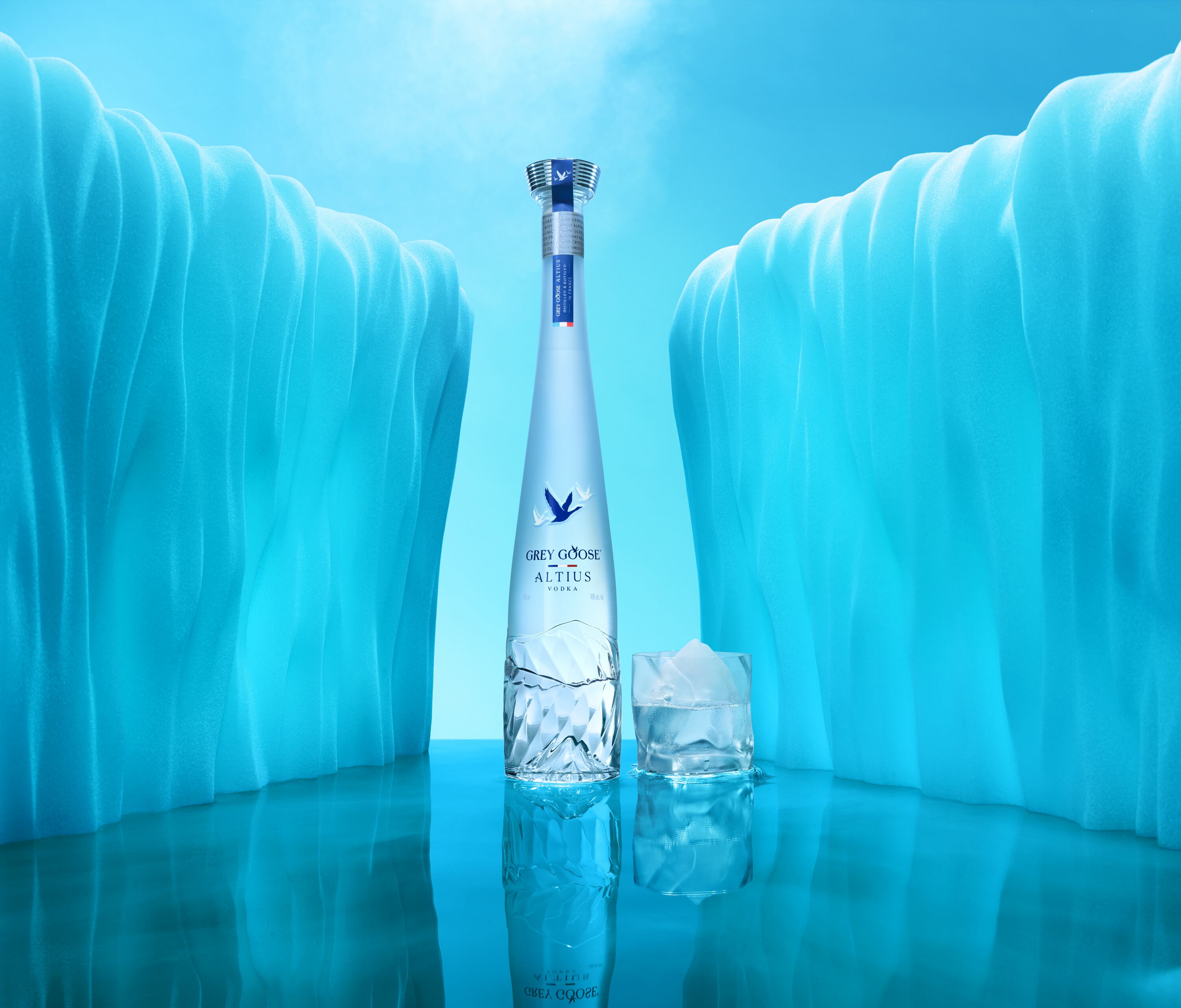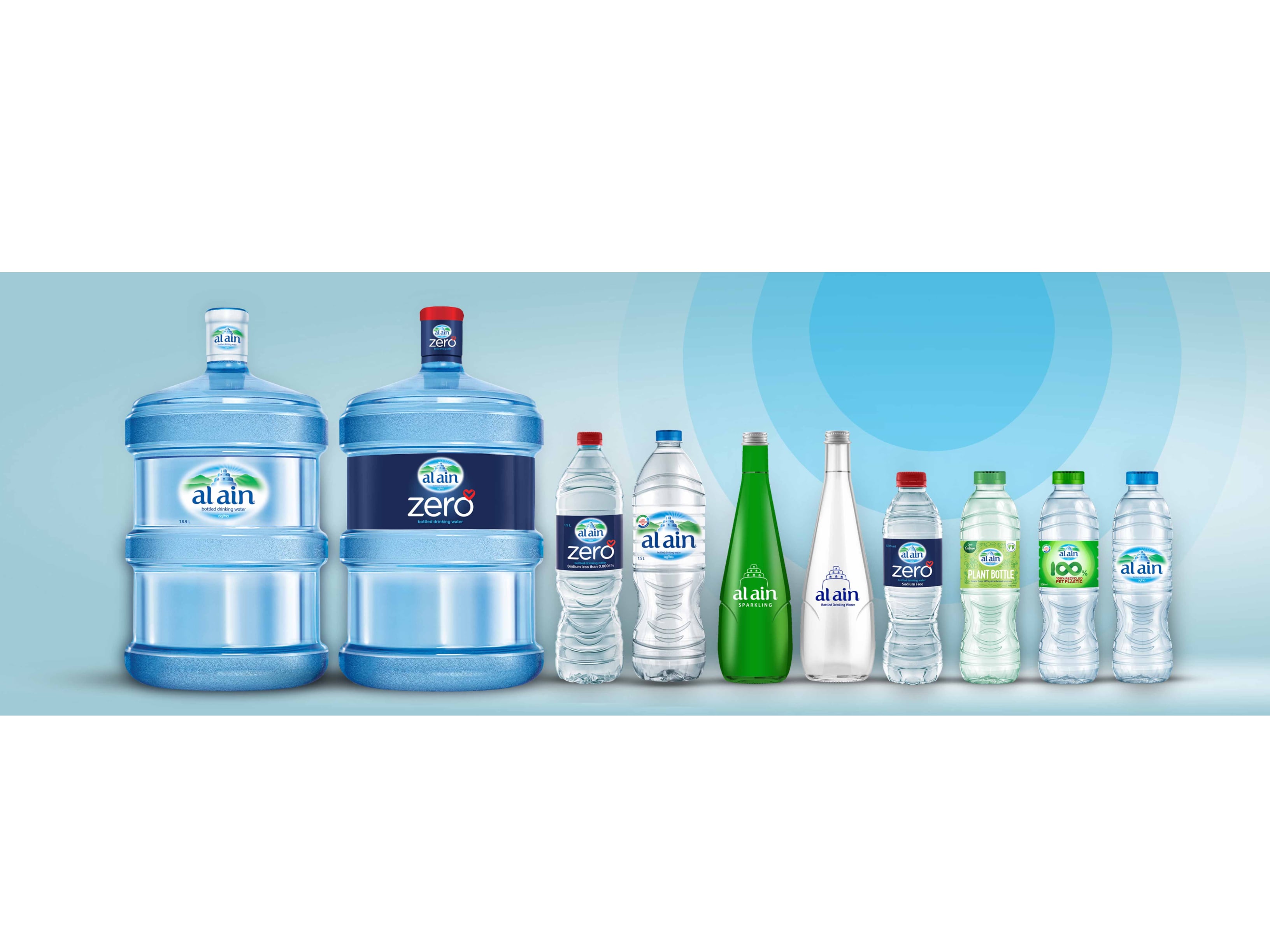The firm highlights personalised taste and environmental sustainability as core pillars of its business model and product innovation.
According to BE WTR CEO Mike Hecker, consumers can have strong and subjective attachments to the taste of their local water.
“Say someone from LA and someone from New York meet. They’ll say they cannot drink the water in each other’s cities because the taste is off,” said Hecker. “Or they’ll say, ‘New York makes better pizza and bagels because of the water.’
“But that’s not true – it’s just acquired taste.
“If you’re born in New York, that’s your reference. If you’re from LA, it’ll be different. That idea of acquired local taste is one of the core principles behind BE WTR, which keeps the local minerals and preserves that regional identity,” Hecker told us.
He added: “Water is travelling too much, and as premium bottled brands continue to grow worldwide, it means more pollution and carbon emissions.”
The ‘EV of water’
Hecker likens BE WTR to the electric vehicle of the beverage world — a cleaner alternative aligned with growing consumer interest in localisation and sustainability, much like the farm-to-table movement.
Traditional bottled water brands rely on specific sources and therefore cannot avoid the emissions associated with long-distance transport.
Be WTR sets itself apart by localising production and using reusable glass bottles – each designed for over 300 uses, far surpassing single-use plastic alternatives.
Its BiG400 facility, launched in May in Singapore, enables this circular model by washing, sanitising, refilling, and capping bottles through a fully automated, hygienic process.
“Our first product line is the on-site BiG400 bottling system. It’s a major innovation – shrinking what’s usually a large-scale plant into a compact, glass-based setup that supports circularity and sustainability,” said Hecker. “We had to re-engineer everything, from filtration systems to robotics, and even create a bottle that withstands 300 reuse cycles.”
Hecker said the firm is also pioneering a new category by premiumising local tap water through proprietary technology that enhances its sensory appeal and supports sustainable sourcing.
“The second of our product line is AQTiV+. In nature, water becomes ‘activated’ as it flows through rocks and minerals. BE WTR mimics this process with its AQTiV+ technology, using a patented method to accelerate molecular activity. This enhances taste by cleansing the palate between bites and improving flavour perception,” Hecker explained.
According to BE WTR Asia’s Managing Director Christian Lukey, the activating process does not alter the water’s pH or mineral composition.
“Instead, this changes the activity level of the molecules — similar to shifting from a dormant to a dynamic state. This molecular shift, induced by a specific electromagnetic frequency, enhances how the water interacts with the palate. It sharpens taste perception, softens intense flavour peaks like acidity or bitterness, and results in a silkier mouthfeel,” explained Lukey.
He added: “If you think of a Chinese tea, a vegetable broth or any macerations, the AQTiV+ water is more efficient in terms of capturing the taste molecules present as well as the natural colours of the products.”
Expansion plans
The BiG400 serves the hospitality, corporate, and F&B sectors. With a production capacity of up to 2.5 million bottles annually, the facility anchors BE WTR’s expansion into Asia.
“Singapore is a trendsetter in South East Asia, especially in gastronomy, and a global beacon for sustainability. This is actually our fourth market. We came here to show that we could succeed and set an example in the region,” said Hecker, adding that he hopes Singapore’s leadership in these areas will help influence neighbouring markets to adopt circular water solutions.
BE WTR is currently active in Switzerland, France, and the UAE. The firm already has operating facilities in China, with more to come in Beijing and Sanya.
Hecker also sees high growth potential in the Middle East and North America, where reliance on imported water remains high.
“Middle East is a high-growth region because of its booming hospitality industry. If we can replace imported brands in places like Abu Dhabi, Dubai, and Saudi Arabia, that’s a big environmental win. We also see strong potential in North America, which lacks a strong local water industry,” said Hecker.
BE WTR is not currently targeting retail due to the logistical challenges of returning bottles, which are essential to its circular sustainability model.
The firm also offers a home-use product line with under-sink water systems, already available in Switzerland, and is expected to launch in Singapore within the next 18 months.
It offers a potentially healthier option due to its advanced filtration system that removes impurities like microparticles and chlorine while retaining natural occurring minerals.




